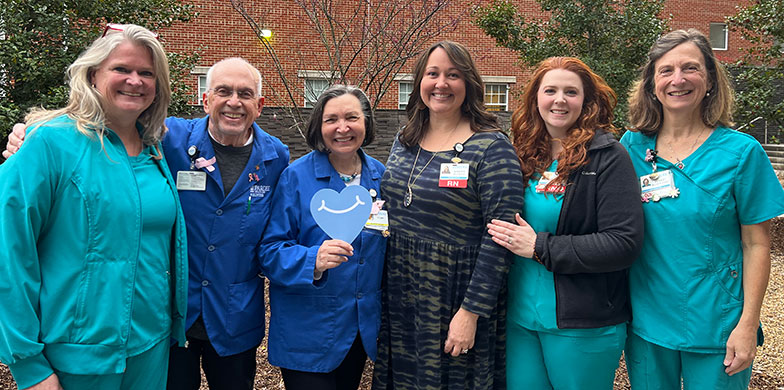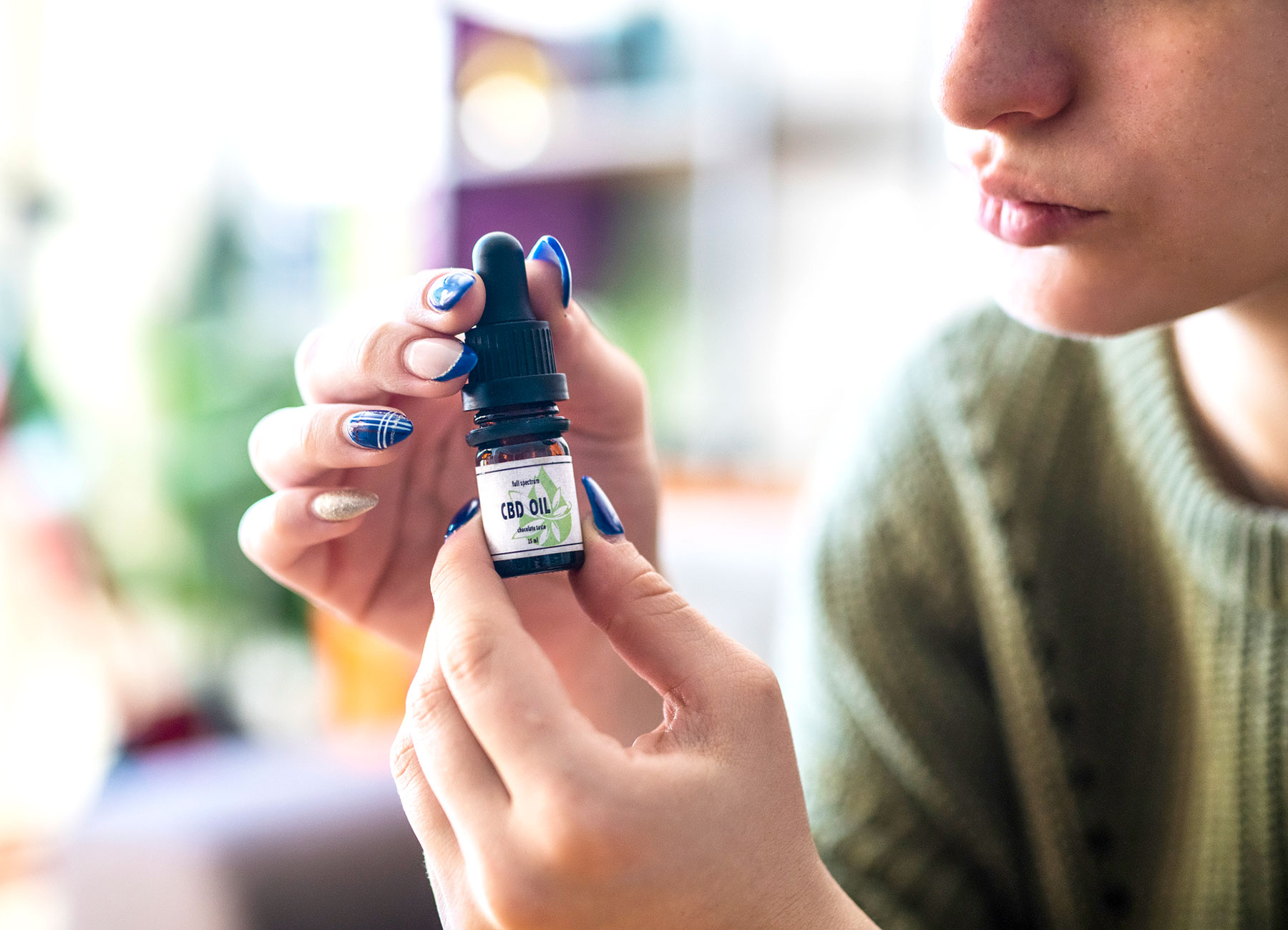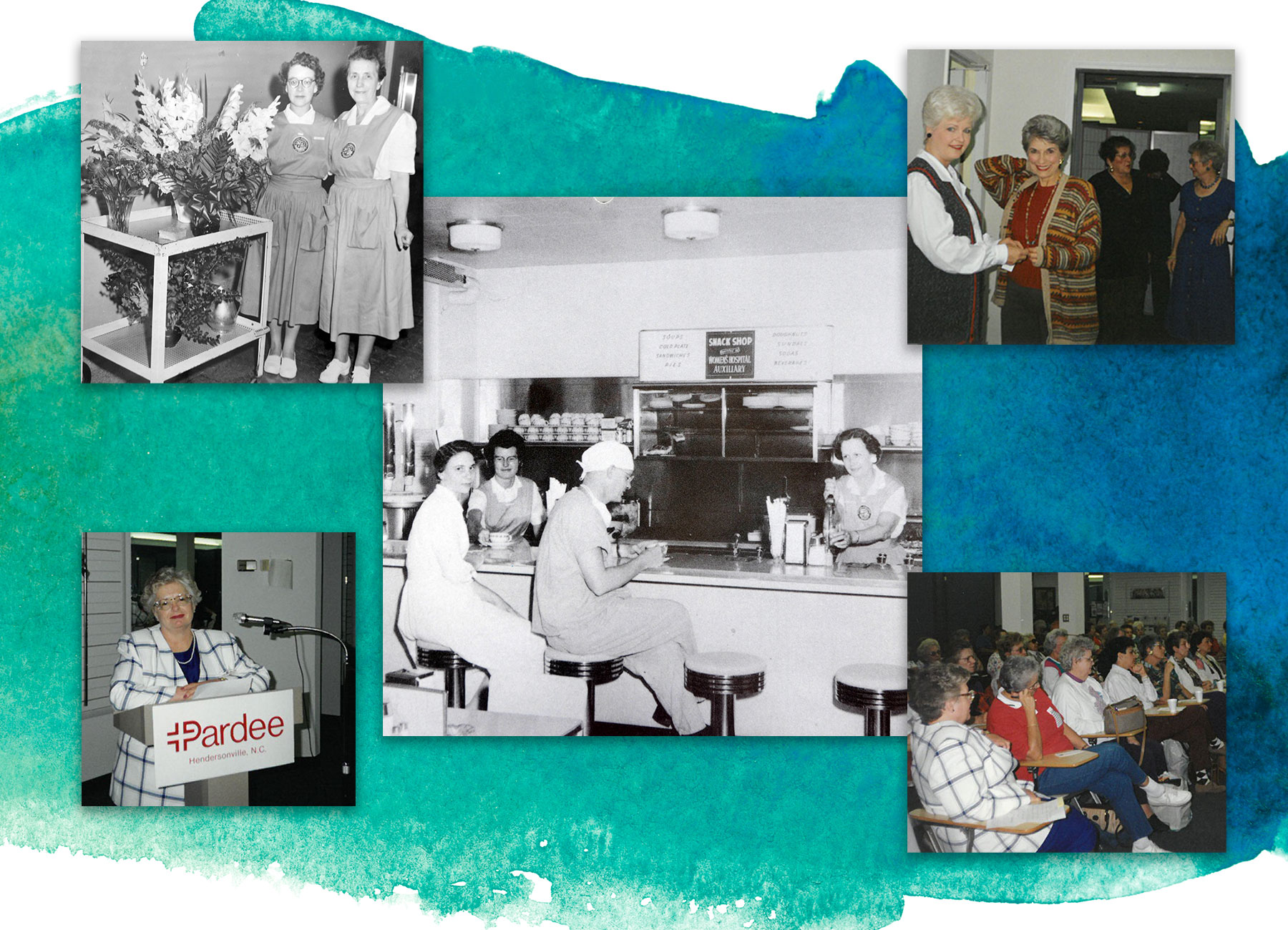Feeling tired all the time is a common concern I hear from my patients. Fortunately, there are many ways to boost your energy so that you can tackle your day. Read on for the best ways to beat fatigue as well as the signs that you should seek medical care.
Address Your Stress Level
Stress is a major cause of fatigue. When you’re under a lot of stress, you may have trouble sleeping, lack the motivation to exercise and crave high-sugar, high-carbohydrate foods. To help curb stress, ask for help at work or home, remove unnecessary activities from your calendar, talk with a counselor, practice yoga or meditation, schedule a phone or coffee date with a trusted friend, go for a walk in nature, get a massage or do some type of activity you enjoy.
Eat Energy-Boosting Foods
If you’re tired all the time, your diet could be a factor. Eating foods that have a low glycemic index – meaning their sugars are absorbed more slowly by the body – can help you have more energy and experience fewer sugar crashes. These foods include high-fiber vegetables, lean proteins, nuts, seeds, whole grains and healthy fats like avocados, olive oil and almond butter.
If you feel tired, you may be hungry. Try to eat regularly throughout the day.
Get Regular Exercise
Moving your body is one of the very best ways to increase your energy. Exercise helps you sleep more soundly, improves your mood, and helps oxygen circulate throughout your entire body.
Choose an activity you enjoy, like walking, cycling, swimming, kayaking, hiking, dance, aerobics, yoga, weightlifting, or Pilates. Ideally, you should aim for 150 minutes of moderate cardiovascular activity (any exercise that increases your heart rate), coupled with two strength-training sessions each week.
Establish Good Sleep Habits
Sleeping too little or too much can cause your energy levels to tank. Most people should aim for seven to nine hours of sleep per night.
Try to go to bed and wake up around the same time each day, even on the weekends. Avoid electronic devices an hour before bedtime and instead, read a book, take a bath or shower, do some stretches, listen to music, pray, journal, or meditate. Try not to take long naps during the day, as this could disrupt your nighttime sleep.
You can also make your bedroom more sleep-friendly by setting the thermostat to a cooler temperature, using blackout shades or curtains, and playing a white noise machine.
Stay Hydrated
Dehydration can make you feel sluggish, so sip water throughout the day. Limit or avoid sugary beverages like juice, soda, or energy drinks. Unsweetened coffee or tea is generally fine, but caffeine can cause insomnia, so stick to caffeine-free beverages after 2 p.m.
Quit Using Tobacco Products
Not only are tobacco products dangerous for your overall health, but the nicotine in these products can also make it harder to fall and stay asleep. Talk to your primary care provider if you need help quitting.
Limit Alcohol
While a drink may make you feel sleepy at first, it can ultimately disrupt your sleep later in the night and decrease sleep quality. So, if you struggle with low energy, try cutting back or eliminating alcohol to see how you feel.
When to See Your Health Care Provider
I recommend seeing your primary care provider if you consistently feel tired and your symptoms don’t improve with healthy lifestyle changes, like exercising and getting enough sleep. Fatigue can be a sign of an underlying health condition. To find a provider near you, visit pardeehospital.org.





